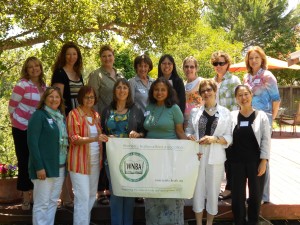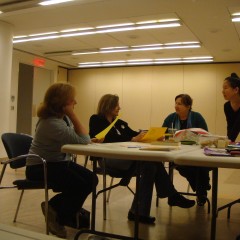
Now is the best time to be a writer, but technology is forcing writers to reinvent themselves. A new model for becoming a successful writer is needed. The goal of these ten keys is to provide the model.
1. Passion—your love for creating and communicating about your work. Using your passion to serve others is the ultimate key to success and happiness.
2. Purpose—personal, literary, publishing, and community goals that inspire you to achieve them.
3. Products—devoting yourself to the holy trinity of content: reading, writing, and sharing and the holy trinity of communication: people, platform, and pre-promotion:
4. People—crowdsourcing your success with win-win relationships with engaged, committed, growing communities of people and collaborators you serve who want to help you, because they know, like, and trust you
5. Platform–your continuing visibility with your communities and potential buyers, online and off, on your subject or the kind of book you write
6. Pre-promotion–test-marketing your work in as many ways as you can
7. Promotion— serving your communities by using your passion and platform to share the value of your work
8. People, Planet, and Profit—making the effects of your efforts on the holy trinity of sustainability—in this order–the criteria for determining what you do
9. Professionalism:
–a positive perspective about writing, publishing, and your field
–reinventing yourself as a “contentpreneur” running a business that creates and re-purposes a steady stream of scalable content in as many ways as possible
–making you and your work your brand
–using technology
–being a life-long learner
10. Perseverance—a plan, patience, discipline, faith in yourself, failing your way to success, simplifying your life, a long-term perspective, the commitment to do whatever it takes for as long as it takes to achieve your goals, and celebrating your victories.
These keys balance yin and yang—creating content and communicating about it. Integrating them will create a literary ecosystem that will build synergy as long as you sustain it with service. You can adapt the keys to other fields and your personal life. I welcome your suggestions for changes.
_________________________________________
Michael Larsen of Larsen-Pomada Literary Agency has been helping writers launch careers since 1972. For more information about him and the work he has done with Elizabeth Pomada to help writers, visit The 5th San Francisco Writing for Change Conference / Changing the World One Book at a Time at : www.sfwritingforchange.org and The 11th San Francisco Writers Conference / A Celebration of Craft, Commerce & Community at: www.sfwriters.org / You can also check out Mike’s blog: http://sfwriters.info/blog @SFWC and Facebook Page: www.facebook.com/SanFranciscoWritersConference. Finally, be sure to investigate the free classes at San Francisco Writers University / Empowering Writers to Reach Their Goals: www.sfwritersu.com



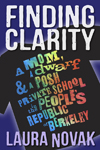 By Laura Novak
By Laura Novak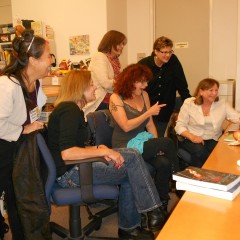
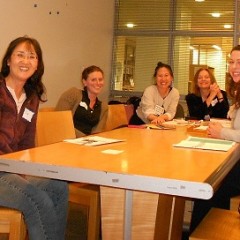 *
* 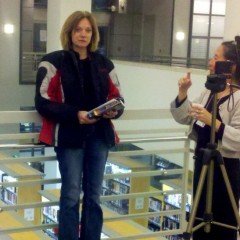 **
**